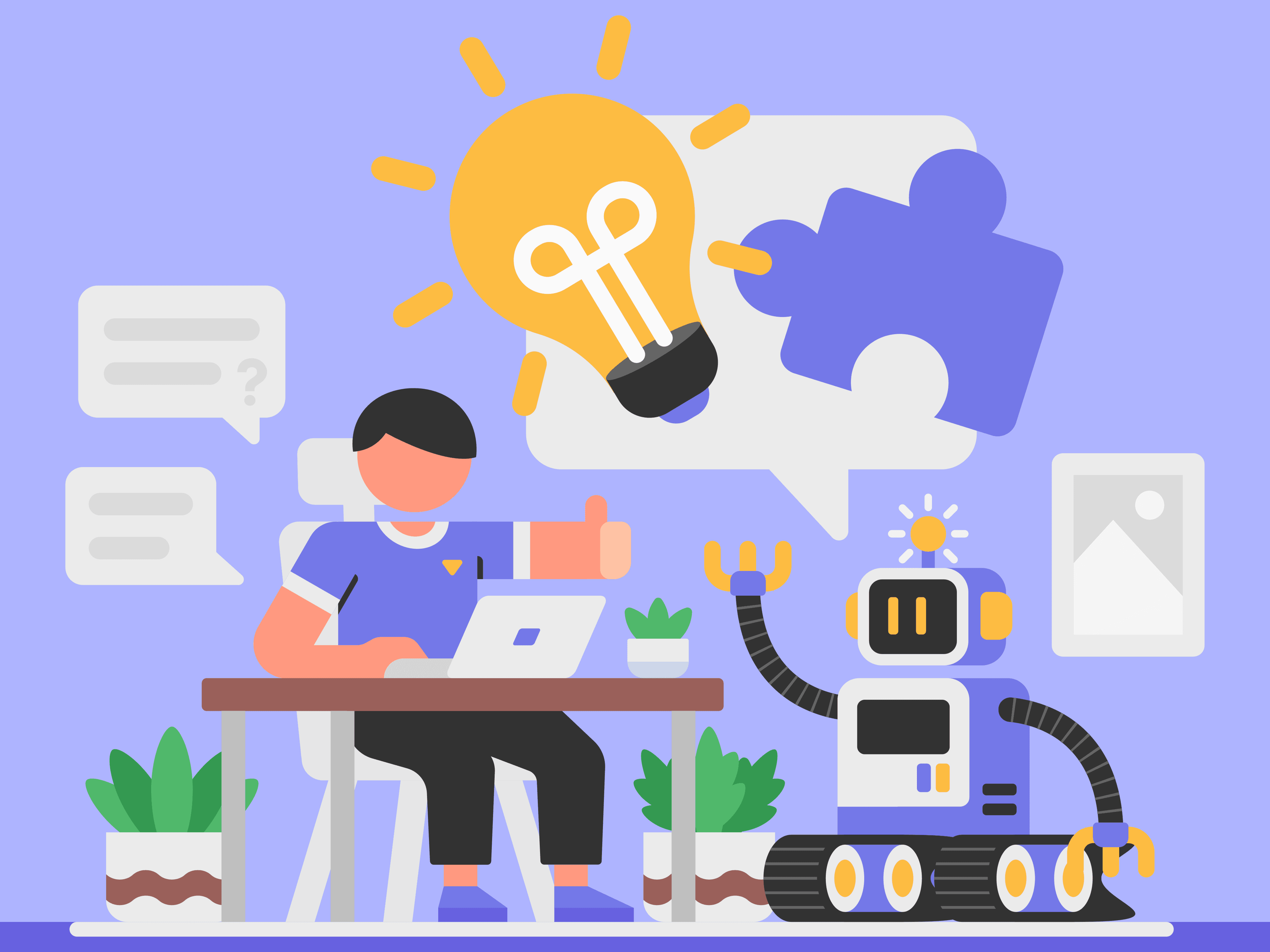
The Future of Marketing: AI and Hyper-Personalization in 2025

As we approach 2025, the marketing landscape is poised for a radical transformation driven by advancements in artificial intelligence (AI). Central to this evolution is a concept known as hyper-personalization—a strategy that leverages real-time data analytics and AI technology to create individualized customer experiences at scale. This article explores how AI will revolutionize hyper-personalization in marketing, highlight key AI marketing tools, and delve into predictive marketing to understand its implications for companies aiming to thrive in this new era, read AI for Personalized Social Media Replies for more info about the topic.
Table of Contents
- The Power of Hyper-Personalization
- AI Marketing Tools Driving Hyper-Personalization
- Predictive Marketing: Anticipating Customer Needs
- The Future Landscape: Hyper-Personalization by 2025
- Conclusion: Embracing the Future of AI in Marketing
The Power of Hyper-Personalization
What is Hyper-Personalization?
Hyper-personalization goes beyond basic demographic information to leverage comprehensive data about customers' behaviors, preferences, and interactions. By utilizing multiple data sources—including browsing history, purchase patterns, and even social media activity—marketers can craft bespoke experiences that resonate on a deeply personal level with each consumer.
Why is Hyper-Personalization Important?
The significance of hyper-personalization lies in its ability to foster stronger customer relationships and drive engagement. According to a study by McKinsey, companies that excel in personalization can expect to see up to a 10-15% increase in revenue and a substantial reduction in marketing costs. With 5,400 monthly searches for the term "hyper-personalization," it’s clear that both consumers and brands are increasingly focused on delivering and receiving tailored experiences.
AI Marketing Tools Driving Hyper-Personalization
AI-Powered Tools
As we progress toward 2025, several AI marketing tools are at the forefront of the hyper-personalization movement. These tools utilize machine learning algorithms to analyze customer data and predict future needs. Some notable platforms include:
- Dynamic Yield - A platform known for creating personalized customer experiences through on-site personalization.
- Adobe Target - Integrates AI-powered tools that help marketers deliver messages tailored to individual user preferences in real-time.
How AI Improves Marketing Efficiency
AI not only enhances personalization but also streamlines marketing efforts. By automating processes like content creation and data analysis, marketers can allocate time and resources more effectively, focusing on strategy and creativity rather than manual tasks. This shift allows businesses to maintain a competitive edge in an increasingly digital marketplace.
Predictive Marketing: Anticipating Customer Needs

What is Predictive Marketing?
Predictive marketing utilizes data analytics and AI to forecast customer behaviors and preferences. By analyzing past interactions, businesses can make educated guesses about what products or services a customer may want next, ultimately guiding marketing strategies more effectively.
Benefits of Predictive Marketing
The integration of predictive marketing tools can significantly increase sales conversion rates. For instance, brands that utilize predictive analytics see a notable improvement in customer retention and loyalty, making it a critical component of any comprehensive marketing strategy.
The Future Landscape: Hyper-Personalization by 2025
As technology evolves, so will the capabilities of hyper-personalization in marketing. By 2025, we anticipate several significant trends:
1. Scale of Personalization
Hyper-personalization will no longer be a niche strategy but a standard expectation among consumers. Brands will need to invest in technology that harnesses vast amounts of data to deliver personalized experiences seamlessly.
2. Real-Time Engagement
AI will enable marketers to engage with their audience in real-time, responding to their needs in the moment. Whether through chatbots or adaptive web experiences, this immediacy will drive customer satisfaction and nurture loyalty.
3. Advanced Machine Learning Models
The sophistication of AI algorithms will grow, allowing businesses to predict customer preferences with higher accuracy. These advancements will lead to campaigns that are not just reactive but proactive, anticipating customer needs before they arise.
4. Ethical Considerations
As hyper-personalization becomes prevalent, the importance of data privacy and ethical considerations will rise. Consumers will require transparency regarding how their data is collected and used, pushing brands to adopt ethical data practices, for more on the topic read : The Ethics of Social Media Copilots
Conclusion: Embracing the Future of AI in Marketing
The journey towards hyper-personalization in marketing is paved with opportunities driven by AI technology. As we head into 2025, companies that can effectively leverage AI marketing tools and predictive analytics will be well-positioned to create meaningful connections with their customers. By placing the consumer at the core of marketing strategies, brands not only enhance customer satisfaction but also ensure sustained growth and profitability in the dynamic marketing landscape. As these trends unfold, staying informed and flexible will be essential for success.
Unlock the future of marketing with AI-powered hyper-personalization. Explore ReplyPilot to learn how AI can drive deeper customer connections and enhance your marketing strategies.
Continue reading
More posts about artificial intelligence and marketing trends




